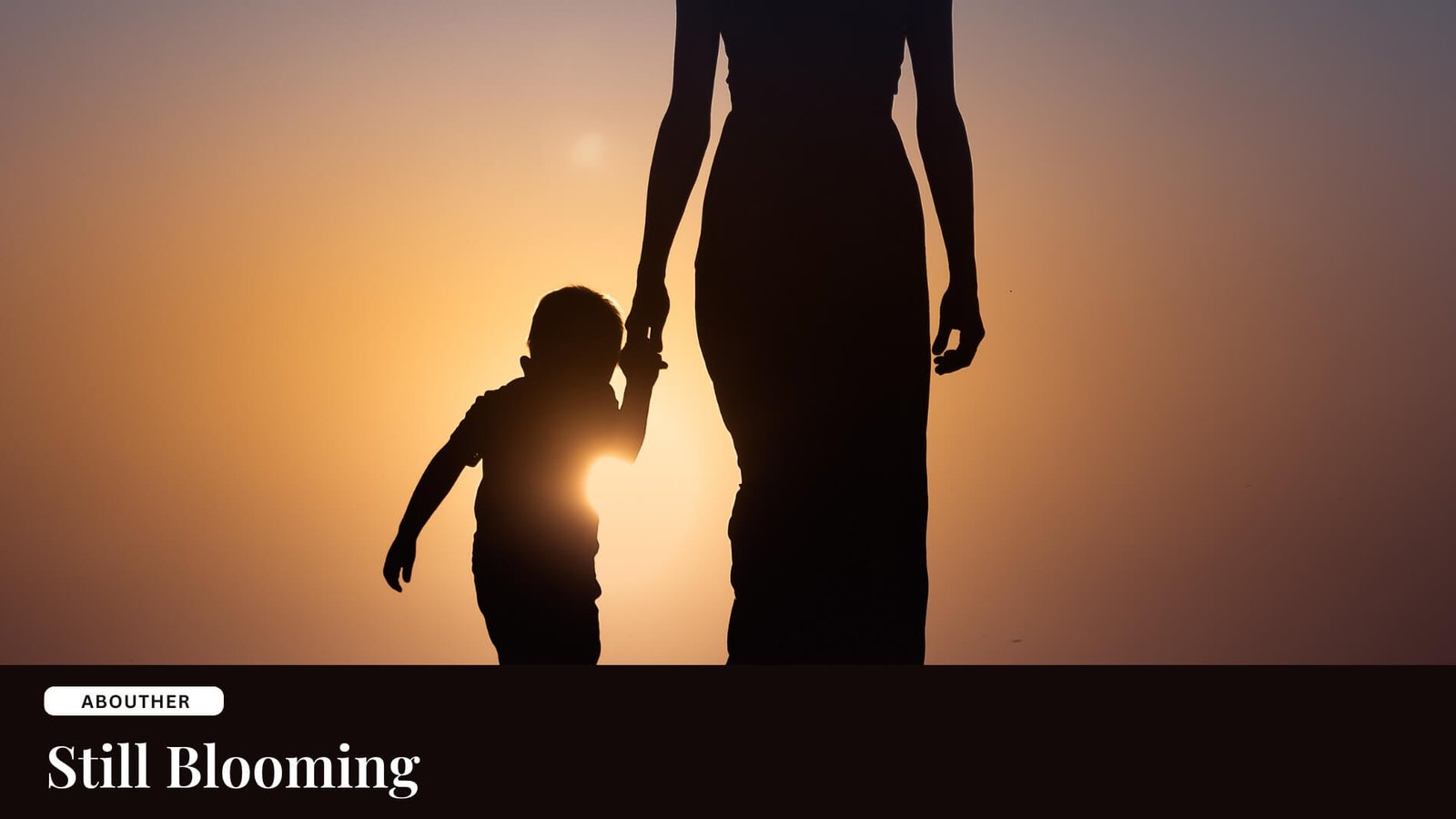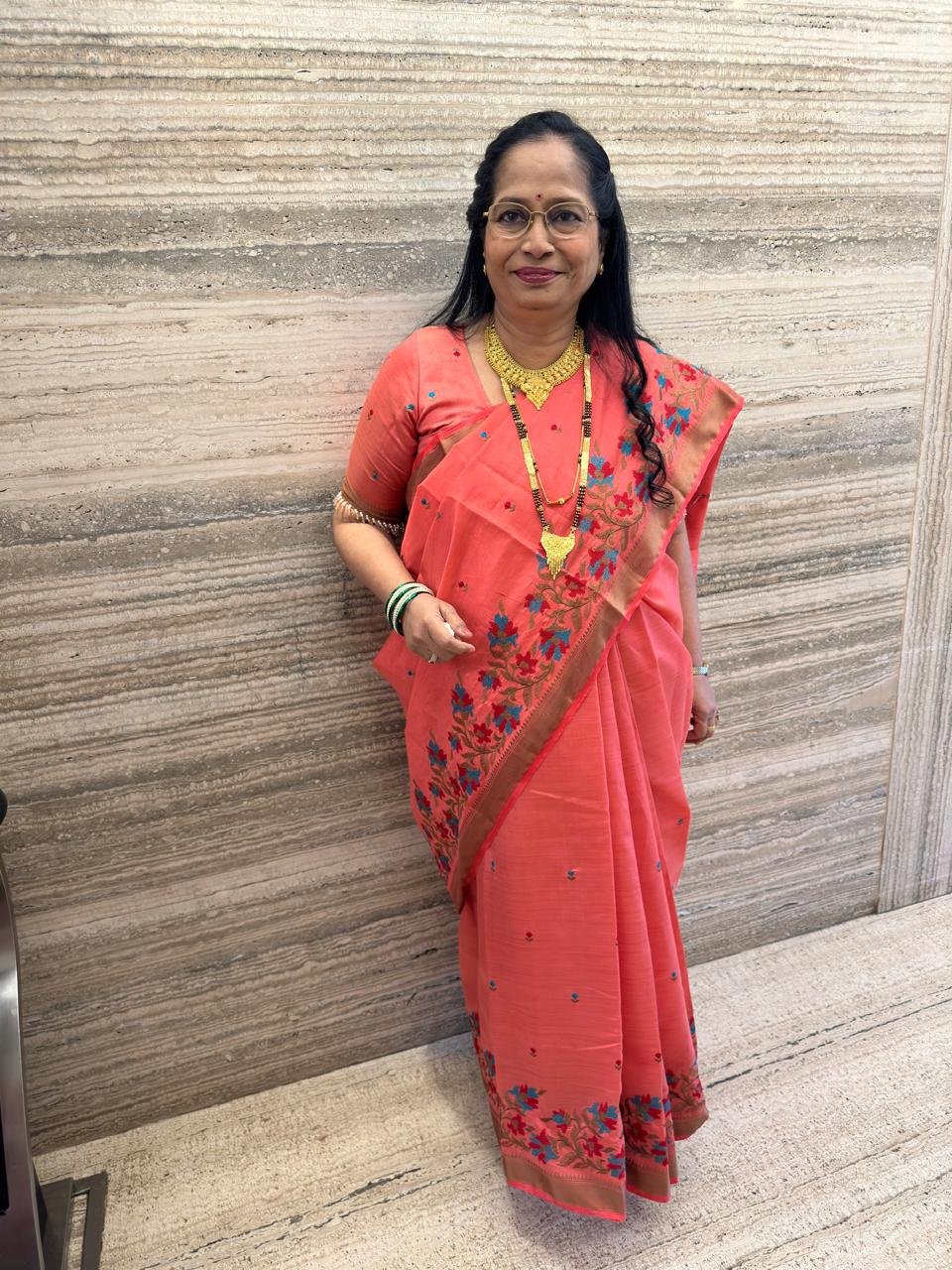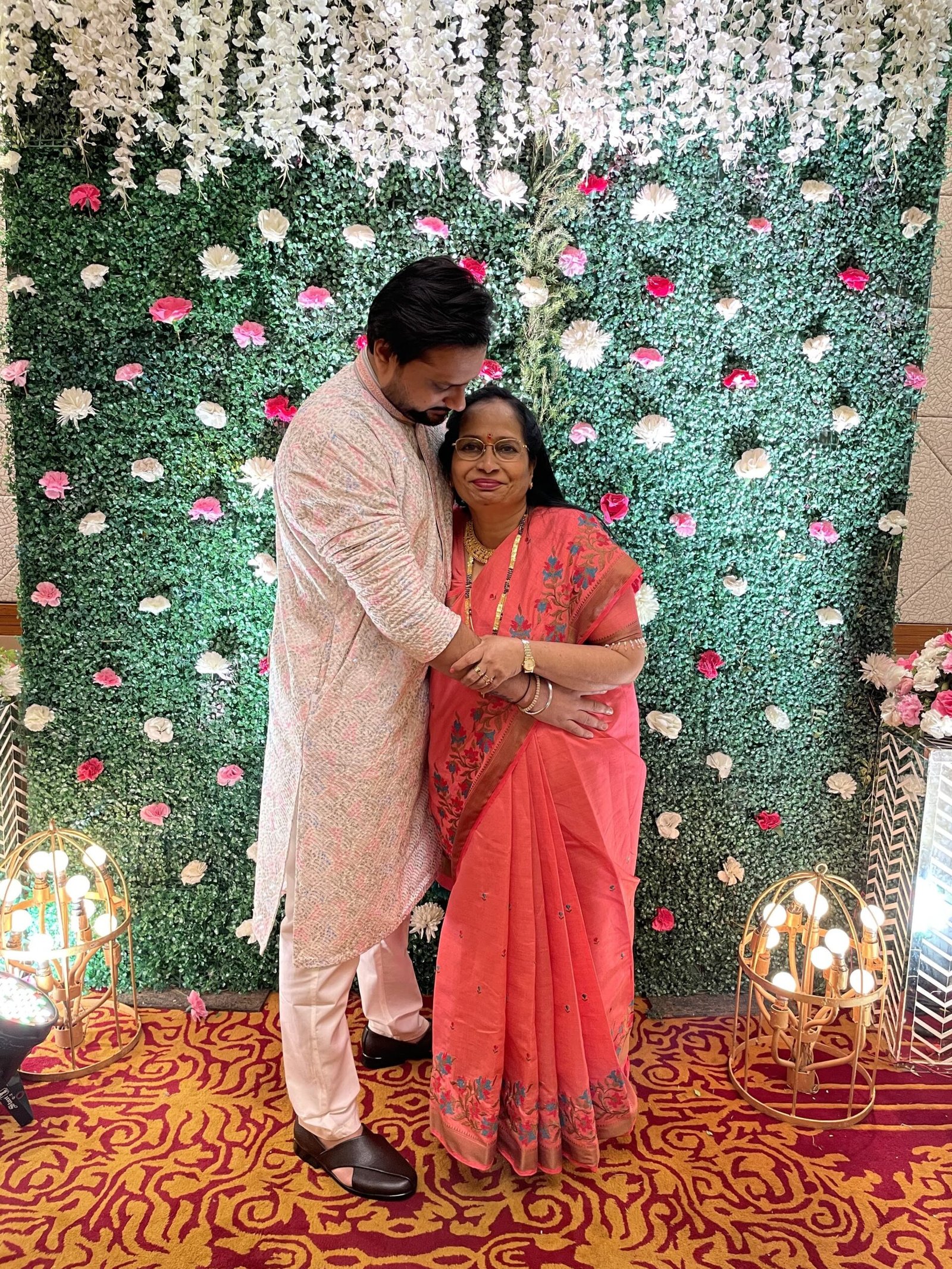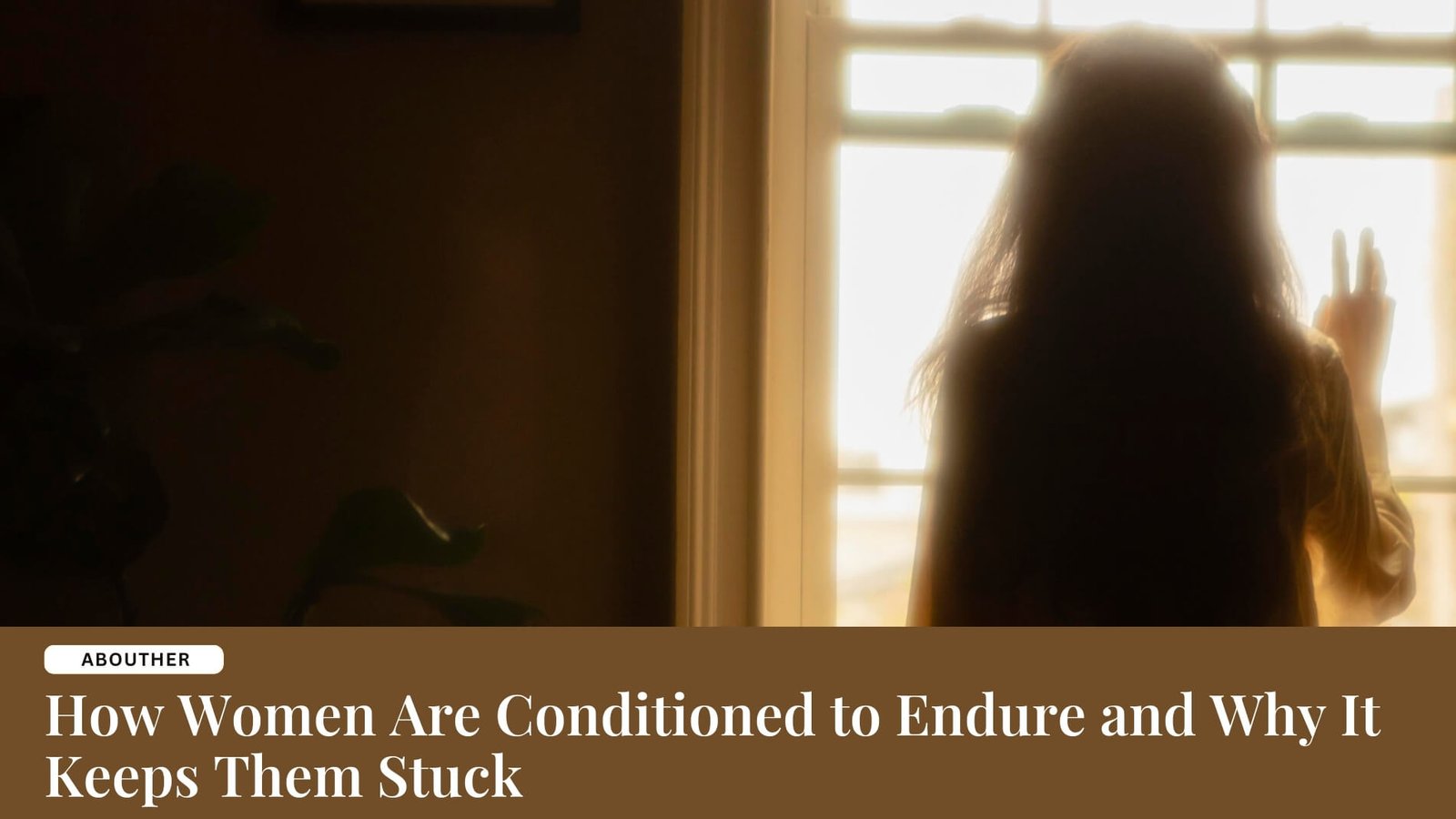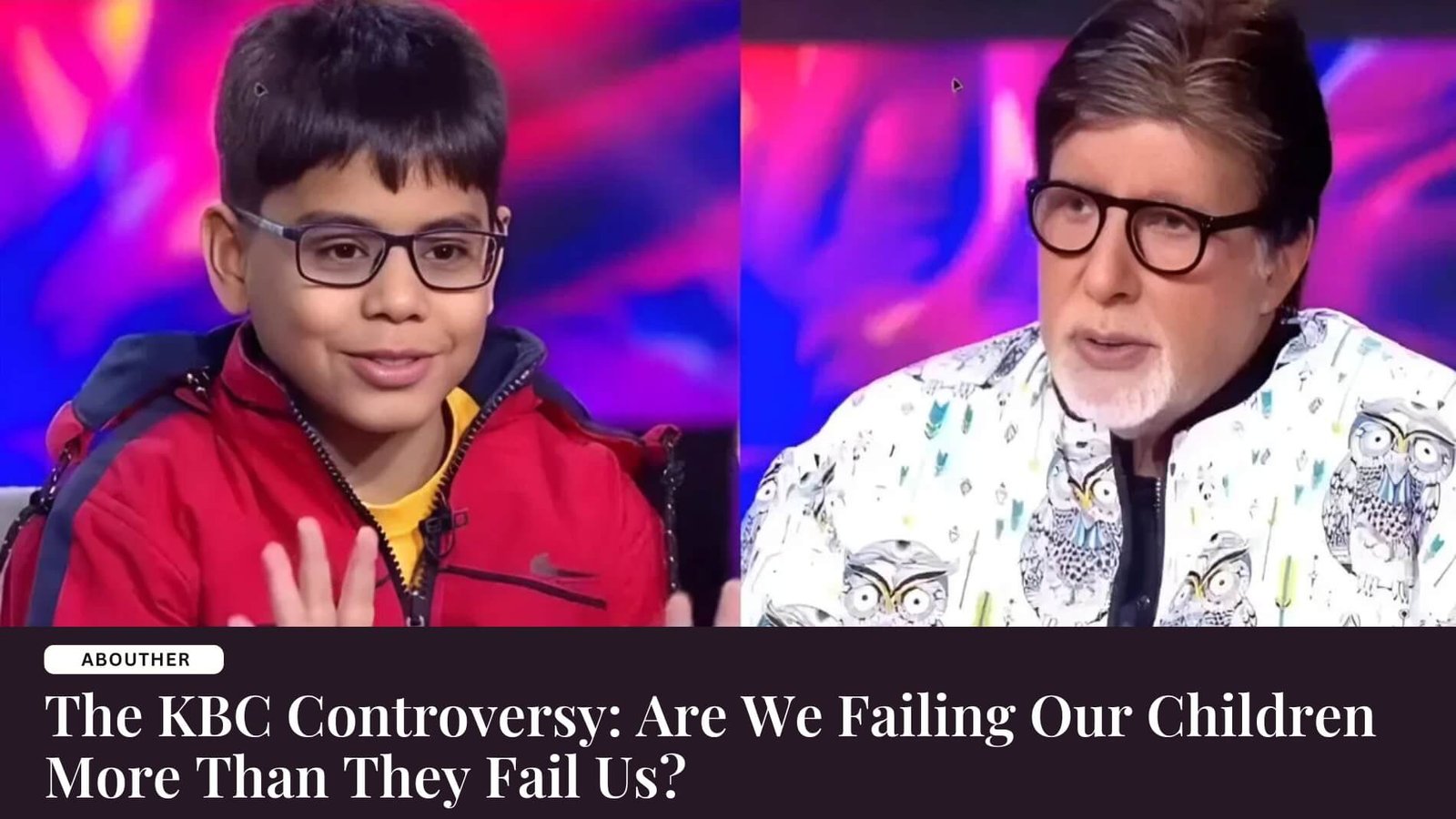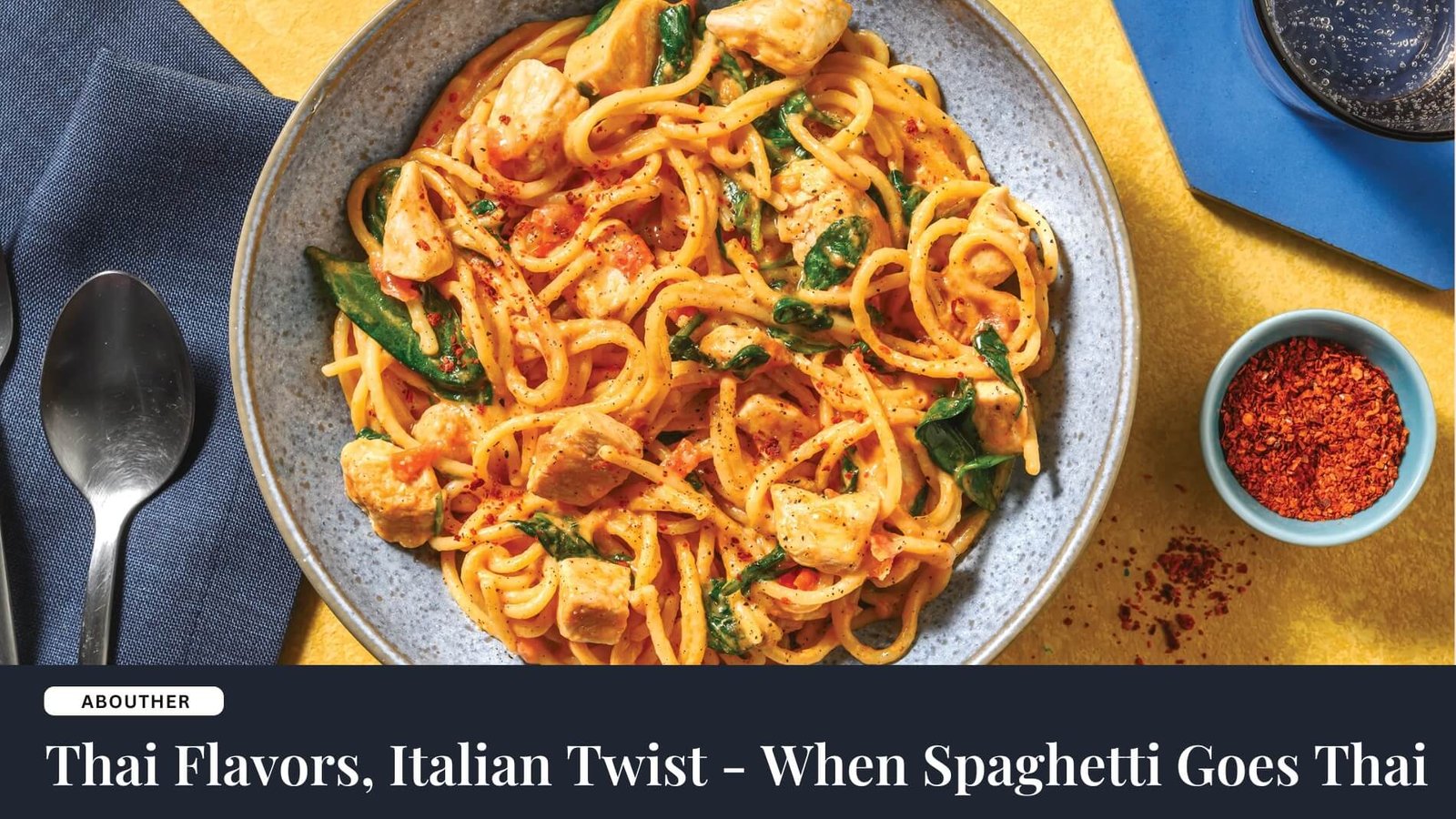Still Blooming
A story of love, sacrifice, and the woman who bloomed through everything
Still Blooming is a heartfelt tribute written by Meena’s son—a moving reminder that strength doesn’t always roar, sometimes it quietly endures. Through his words, we see a mother, teacher, and woman who gave endlessly and continues to bloom with grace. –Editor’s Note
There are women whose strength doesn’t shout. It doesn’t arrive with grand speeches or thunder in the sky. It blooms quietly season after season through sorrow, through sacrifice, through silence.
My mother, Meena, is one of them.
Born as Minal, but lovingly called Meena, she was the heart and soul of a close-knit family in the historic neighbourhoods of Mumbai. The family of six had its own gentle rhythm—her elder brother, Uday, came first, then Meena, followed by her sister Nilam, and finally, the youngest, Sandeep, who completed their lively home.
She had a soft spot for Mumbai’s street food; whether it was pav bhaji, sev puri, or a quick vada pav, she relished it all. But if you asked anyone who knew her family or friends, they’d say her biggest weakness was ice cream. She simply couldn’t say no to it and could happily enjoy a scoop at any hour of the day.
From a young age, she was the one everyone leaned on—siblings, uncles, and cousins—because even as a child, Meena had a will of steel and a heart that bent toward others. You could always rely on her. You still can today.
Her discipline was her signature. She worked hard, rolled up her sleeves without hesitation, and gave without keeping count. I grew up meeting people, often strangers to me but friends to her, who would say, “It was your mother who helped us back then.” She had no riches to her name, but she quietly made a home in countless hearts.
Maleka Miss
She became a teacher—a strict one.
To generations of students, she was Maleka Miss, the name spoken with a mix of fear and respect. She taught without charging a single rupee to those who could not pay. She fed hungry children, bought books with her own money, and walked long distances so no child would be left behind.
Her classroom was not just for lessons. It was a place where every child was seen, even the ones who had been invisible elsewhere. She never allowed laziness, but she always permitted hope.
Once, she tutored a boy for months, knowing his parents couldn’t afford her fee, not because she expected gratitude, but because she could not imagine turning a child away from learning. Another time, she bought uniforms for her maid’s daughter and even got her admission to an English-medium school.
And her strictness didn’t stop at the school gates; it came home with me. I didn’t like studying much, and she knew it. Early on, she pushed me with a firm hand, never letting me slip through the cracks. Later, as I grew older, she became persistent in a different way—patient, persuasive, but still relentless.
Also Read: 10 Activities to Grow Your Mother-Son Relationship
I can say with certainty: I would never have completed my education if it weren’t for her words, her watchful eye, and her unshakable belief in me. She didn’t just want me to study; she made me promise her repeatedly that I would finish my MBA. She reminded me of that promise until it was done. When I finally graduated, her joy was boundless. The same was true for my sister; Mom stood behind both of us until we crossed the finish line.
She always said, “Food and education—that’s what I can give you. Everything else, you must get for yourself.” Which she gave both without compromise.
Years before fate would connect us as family, she even taught my wife, long before she knew she was teaching her future daughter-in-law.
Her students still remember her. Some fear her even now, but all of them know this: behind that iron discipline was a woman who simply refused to give up on anyone.
Not even me.
The Plant Whisperer
Plants were always her sanctuary. A dusty balcony packed with mismatched pots became her escape, her joy, and her sanctuary. Every weekend, she would tend to them—trimming dead leaves, loosening soil, adjusting the sunlight just so, whispering as if the plants could hear her.
I once came home late from a party, bracing myself for her wrath, but I carried rose plants and an aloe vera plant with me. She saw them, smiled, and forgot entirely that I had broken curfew. That was her; plants could soften her mood like nothing else.
They never argued. They never left. They only bloomed when cared for, and she understood that language perfectly.
Even today, she tends to her flowers like old friends. She smiles when they bloom, touches their leaves as if in conversation, and stands on her balcony as though it were a small kingdom she has kept alive.
Maybe that’s why her plants thrive; they have always had the same thing she gave her family, her students, and her friends: consistent care, patience, and love.
The Mother and the Mountain
Before she was a wife or a mother, she was a daughter—a much-loved one.
My grandfather, her father, was a strict disciplinarian. But to her, he was also warmth, stability, and pride. Among all his children, he loved her the most, and she returned that love with deep respect.
That’s why it broke something inside him when she followed her heart and married outside her caste. To her, it was a step into love. To him, it felt like betrayal. His anger was fierce. For years, he kept her at a distance, almost as if he had erased her from the family fold.
It was only when I was born, and later my sister, that he allowed her back into his home. But the air between them was never the same. He welcomed her with actions, but there was still a shadow—pain and anger he could not fully set aside.
When he passed away, my mother said quietly, “He didn’t forgive me.” And she has carried that sentence like an unspoken prayer ever since. The ache of it has never left her, not because she regrets loving my father, but because she wishes her father had been able to see past the choice to the life she built, the children she raised, and the woman she remained.
And yet, she stood tall.
Her married life was not an easy climb. Acceptance from her new family came slowly and never completely. She began her marriage with almost nothing: a mat on the floor, a single stove, and hand-me-downs from others. There were days when hunger was only filled by food served at weddings we attended. I wore shoes with holes. She sold pickles and jam in glass jars to keep the kitchen going and walked long distances to tutor children for 50 rupees so I could have my schoolbooks.
When my father’s business was taken from him, the weight of the household fell on her shoulders for more than a decade. With only her teaching salary and an iron will, she kept the house standing. She didn’t let us fall behind. She made sure we rose. And when we did our MBAs, our careers, our marriages, it was because she gave us everything she never had.
She climbed her mountains without complaint. And when we moved forward in life, she stayed, surrounded by her flowers, with her memories, with her quiet resilience.
A Life Given Away
If you ask around, among my uncles, cousins, family friends, or even strangers in old neighbourhoods, you’ll hear stories of my mother long before you hear her name.
You’ll hear of the sister who stayed up nights sewing clothes for a wedding that wasn’t hers. Of the cousin who found a job because she made the introductions and wrote the application herself. Of the friend who received money, meals, or shelter when no one else was looking. Of the teacher who walked through the rain just to make sure a child didn’t miss a lesson before an exam.
She gave to people as if it were the most natural thing to do, her time, her energy, her patience, and her voice. Birthdays remembered. Illnesses tended. Meals were cooked when her own pantry was nearly empty. No one asked; she simply knew.
Even now, though words sometimes slip away, she still remembers. Every birthday. Every anniversary. Every date that matters to the people she loves. She lights up when she recalls them, sometimes gently reminding me.
But in return, she is not always included as she once was. Invitations to birthdays, anniversaries, and family gatherings sometimes pass quietly without mention of her name. Those who once gathered with her find it easier to forget or to assume she may prefer solitude now.
No one asks much about her or what might be happening beneath the surface. And in their absence, what is missed is simple: she has not lost her spirit, only some of her words. Her heart remembers everything.
It’s a quiet truth that those who gave so much can sometimes find themselves set apart, not because of who they are, but because of what life has quietly changed.
And because she gave without keeping count, no one ever felt the debt. They carried her kindness like sunlight on their skin, warm at the time, easy to forget later.
Even now, decades later, I meet people, grown adults with children of their own, who stop me and say, “Your mother was the reason I could…” followed by a memory so vivid it feels like yesterday to them.
They do not know of her illness. Perhaps if they did, they would visit. Perhaps.
But she does not wait for that. She never has. She continues to live with the same quiet grace, tending to her flowers, smiling at the door when I arrive as if all the giving she’s ever done has been enough.
And maybe, for her, it has.
The Silent Fade
During the onset of the COVID-19 pandemic, she was recovering from knee surgery. The world went quiet, and so did she, though none of us knew why at first.
Doctors later explained it as Frontotemporal Dementia – a condition that gently reshapes the parts of the brain that govern how we think, speak, and behave. For my mother, it showed as Primary Progressive Aphasia, a form that slowly takes away the words she once wielded so effortlessly.
Also Read: Crossroads- Navigating the Complex Dance of Mother-Daughter Love
Today, many perceive her as having contrasting qualities. Sometimes she repeats a word or a sentence over and over, sometimes loudly, sometimes as faint murmurs under her breath. What most don’t realise is that these repeated phrases are her anchors, helping her navigate the confusion inside. They guide her backwards and forward, helping her remember what she wants to say, check if the person listening understands, or decide if she needs to say more and where to begin.
Luckily, I find it easier to understand her. Her facial expressions, her broken sentences, and the few words she manages are enough for me to grasp the meaning behind what she’s trying to communicate. She’ll ask my wife, “When is Angel coming?” meaning, when are we planning for a baby? Or she might say, “Azu, ten thousand or HDFC bank,” meaning Has the money been put into her account? And I can respond accordingly.
Now, she needs patience and a bit more effort to be understood.
Just as she never abandoned us, we will stand by her side without giving up. She continues to fight on. She is still holding on. How could we not hold on to her in return?
It began with small pauses mid-sentence, forgotten words, and the struggle to find the right expression. The voice that once commanded classrooms now finds it difficult even to say a simple hello.
But here’s what the disease cannot touch:
Her eyes still light up at the first notes of an old song.
She can still solve Sudoku puzzles quicker than I can.
She still beams at the sweetness of ice cream, hums during prayers, and calls me “Azu” when our eyes meet.
To some, she may seem a shadow of the fierce teacher and fighter they once knew. However, in her, I see someone gentler, more at ease, released from burdens that once burdened her deeply. The woman who carried so many burdens now carries only sunlight, music, and the quiet rustle of leaves from her balcony garden.
She says just “Hi… okay… bye” in one breath, but then she smiles, the same mischievous, knowing smile she has worn all her life. It’s the smile that reassures, I’m still here.
Still Blooming
She is not who she used to be.
But then again, she is still the woman who made everything I am possible.
Even now, her pots line the balcony like a quiet army. Roses bloom under her care. She still teaches, not with words anymore, but with presence. With resilience. With love.
When she calls out “Azu,” I want to drop everything, run to her, and hold her like a child, because I know what it took for her to get here. What she gave up. What she survived.
She might forget names, but I’ll always remember who she is.
She is Meena.
She is Maleka Miss.
She is my mother.
And she is still blooming…..
Share This On Social
![Sangeeta-Relan-AH-525×410[1]](https://aboutherbysangeeta.com/wp-content/uploads/2024/06/Sangeeta-Relan-AH-525x4101-1.jpeg)
I’m Sangeeta Relan—an educator, writer, podcaster, researcher, and the founder of AboutHer. With over 30 years of experience teaching at the university level, I’ve also journeyed through life as a corporate wife, a mother, and now, a storyteller.

